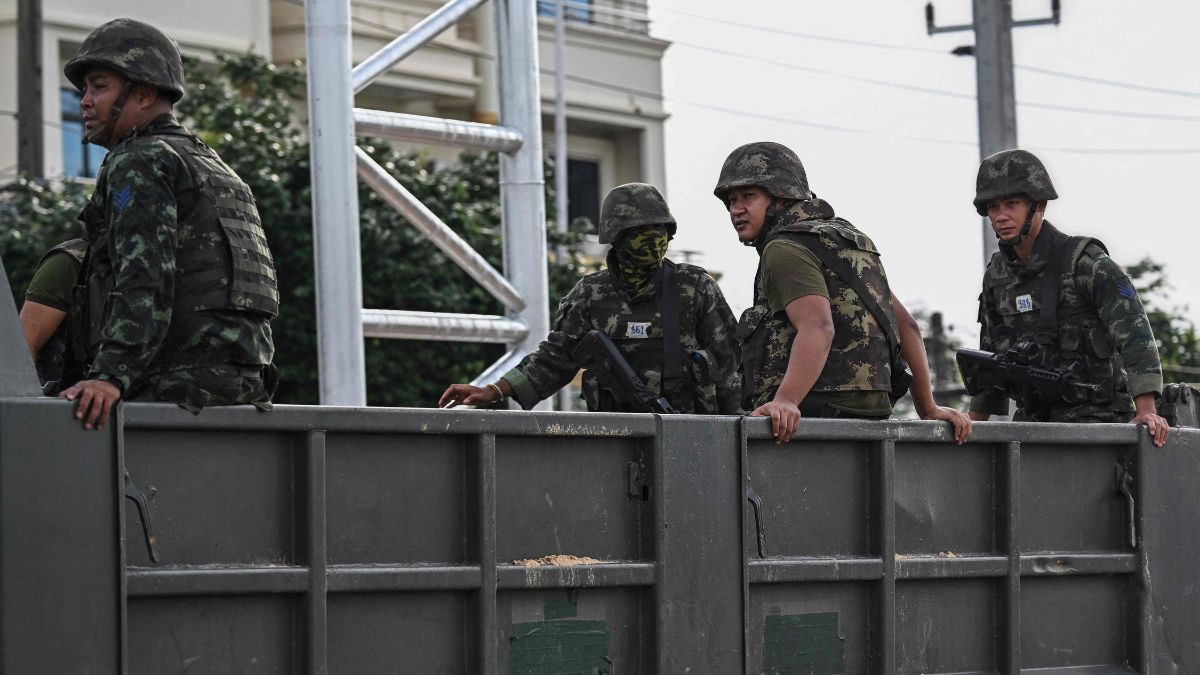Thailand-Cambodia conflict: Why did Bangkok backtrack after rejecting Malaysian ceasefire talks?

Thailand and Cambodia on Sunday agreed to participate in ceasefire talks mediated by Malaysia, according to Malaysian Foreign Minister Mohamad Hasan.
While Cambodia had earlier backed such negotiations, Thai foreign ministry spokesperson Nikorndej Balankura had insisted that the two nations did not "need any mediation from a third country yet", as per a Reuters report.
ALSO READ | 'Reminds me of India-Pakistan conflict': US President Donald Trump seeks to broker Thailand-Cambodia ceasefire using trade
Thailand's backtracking follows a Truth Social post on Saturday in which US President Donald Trump claimed that he had phoned both nations, urging them to stop cross-border hostilities by using trade deals as leverage.
"When all is done, and Peace is at hand, I look forward to concluding our Trading Agreements with both!" he declared in the post.
Cambodian Prime Minister Hun Manet and Thai Acting Prime Minister Phumtham Wechayachai will engage in bilateral talks in Malaysia on Monday evening, Foreign Minister Mohamad Hasan told state news agency Bernama.
This decision comes four days into terrible shelling at the Thai-Cambodian border, which killed at least 30—and displaced more than 200,000 people—on both sides of the border.
Apart from this humanitarian pressure, it is worth noting that Thailand is currently under a caretaker government led by interim PM Phumtham Wechayachai.
This government—led by the incumbent Pheu Thai party—is currently awaiting a Constitutional Court ruling on the case of Paetongtarn Shinawatra, who allegedly violated electoral law in her phone call case.
ALSO READ | Thailand-Cambodia conflict 'deeply concerning', says UN chief António Guterres, calls for immediate ceasefire
The result of the ruling could even dissolve the party: this political uncertainty has weakened the government's power to sustain a prolonged military conflict, despite having the superior advantage in terms of munitions.
The ceasefire talks chaired by ASEAN head Malaysia are also said to be trilateral, with other nations not allowed to interfere.
World